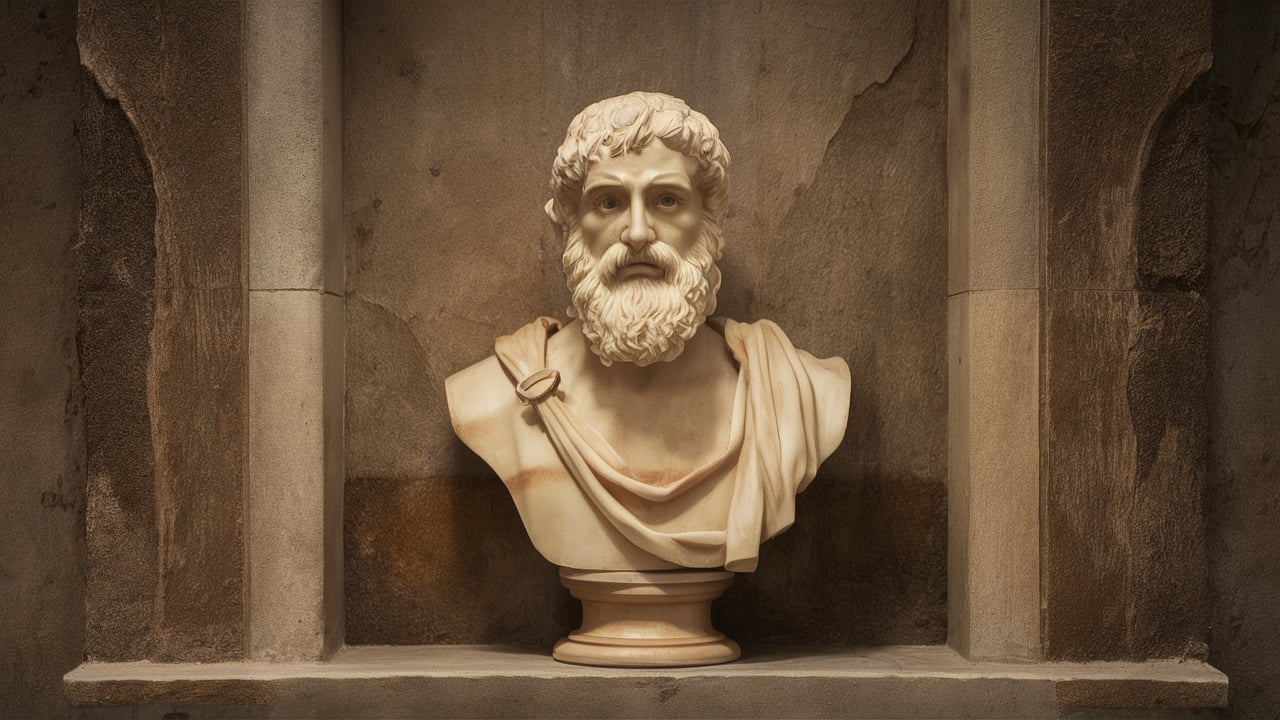Few names in world football evoke as much admiration, curiosity, and respect as GM Sócrates. Known for his elegant playing style, towering intellect, and powerful leadership both on and off the pitch, Sócrates Brasileiro Sampaio de Souza Vieira de Oliveira, widely known as GM Sócrates, was more than just a footballer — he was a revolutionary thinker, a doctor, a captain, and a symbol of democratic freedom. This article explores the life, career, philosophy, and legacy of GM Sócrates, offering readers an in-depth understanding of his remarkable journey and lasting influence on global football culture.
Who Was GM Sócrates?
GM Sócrates was a Brazilian football legend, physician, and political activist who rose to fame in the 1980s as the captain of the Brazilian national team. Born on February 19, 1954, in Belém, Brazil, Sócrates was unlike any other footballer of his time. He combined a sharp intellect with extraordinary talent, earning the nickname “The Doctor” for his academic achievements. As a midfielder, GM Sócrates stood out for his visionary passing, technical mastery, and unique ability to control the rhythm of the game with composure and creativity. But beyond his footballing prowess, he became a symbol of resistance, democracy, and intellect in a sport often dominated by raw talent and passion.
The Rise of GM Sócrates in Brazilian Football
GM Sócrates’ football career began at Botafogo-SP before he joined Corinthians, where he truly became an icon. His years at Corinthians were defined by his leadership, intelligence, and strong moral principles. As team captain, Sócrates not only led on the field but also inspired off it by championing democratic reforms through the historic Corinthians Democracy Movement (Democracia Corinthiana). This was a revolutionary concept in the world of sports, as players collectively made decisions about team management, finances, and training, challenging Brazil’s authoritarian political system at the time.
Under his captaincy, Corinthians flourished both as a team and as a symbol of freedom, turning GM Sócrates into one of the most admired athletes in South America.
1GM Sócrates and the Philosophy of “Democracia Corinthiana”
Perhaps the most defining moment in GM Sócrates’ legacy was his role in the Democracia Corinthiana movement, which took place in the early 1980s. At a time when Brazil was under military dictatorship, Sócrates and his teammates stood up for democratic principles within football, making decisions collectively instead of following authoritarian club management. This bold move was unprecedented and became a metaphor for Brazil’s broader political struggle for democracy.
GM Sócrates believed that football was more than just a sport — it was a platform to promote social awareness, equality, and freedom. He often said that football should reflect the values of society, and for him, that meant standing for justice and giving everyone a voice. The Corinthians Democracy movement inspired millions and remains a powerful example of how sports can drive political and cultural change.
Playing Style and Tactical Brilliance of GM Sócrates
On the pitch, GM Sócrates was known for his graceful style, intelligent playmaking, and remarkable technique. Standing at 6 feet 4 inches tall, he was uncharacteristically tall for a midfielder but used his height and balance to dominate games elegantly. His trademark backheel passes, calm composure under pressure, and extraordinary vision made him one of the most stylish and effective midfielders in football history.
Unlike many players who relied purely on physicality, GM Sócrates played with his mind as much as his feet. His understanding of space, timing, and rhythm allowed him to dictate matches and orchestrate attacks with surgical precision. He often described football as “a form of art and intelligence,” a belief that reflected his intellectual background and deep appreciation for the game’s beauty.
GM Sócrates and the Brazilian National Team
As the captain of the Brazilian national team, GM Sócrates played a key role in leading one of the most talented squads in football history. He was part of the legendary 1982 World Cup team, which included players like Zico, Falcão, and Júnior. Though the team did not win the tournament, it is still remembered as one of the most exciting and aesthetically beautiful teams ever to play the game. Their fluid passing, creative flair, and joyful approach to football represented the essence of the Brazilian jogo bonito — the beautiful game.
For GM Sócrates, football was not merely about winning but about playing with elegance, intelligence, and joy. His leadership, calm demeanor, and philosophical outlook made him a respected figure among teammates and fans alike. He wore the iconic number 8 shirt with pride and left an indelible mark on the world stage.
Life Beyond Football: The Intellectual and Doctor
What truly set GM Sócrates apart from most athletes was his intellectual depth. He studied medicine and earned a degree, making him one of the few professional footballers to hold such a title. His medical background earned him the nickname “Doctor Sócrates,” and he often emphasized the importance of education, self-awareness, and critical thinking.
After retiring from professional football, GM Sócrates remained active as a writer, columnist, and social commentator. He frequently wrote about politics, society, and ethics, challenging people to think beyond the confines of sports. His perspective on life blended science, philosophy, and passion — an extraordinary combination that made him not just a footballer, but a thinker and reformer.
The Legacy and Influence of GM Sócrates
The influence of GM Sócrates extends far beyond football. His courage to challenge the system and use sports as a vehicle for change continues to inspire athletes, activists, and thinkers around the world. He taught future generations that sports and society are deeply connected, and that players have a moral responsibility to stand up for justice, equality, and humanity.
Today, his name is celebrated not just in Brazil but globally as a symbol of intellectual activism within sports. Universities, football clubs, and social movements often cite GM Sócrates as an example of integrity and leadership. His vision, words, and style live on in the minds of those who believe that football is more than a game — it is a mirror of life itself.
Conclusion
GM Sócrates remains one of the most captivating figures in football history — not only because of his brilliance on the pitch but also for his moral courage, intellect, and humanity. He showed the world that being an athlete does not mean abandoning critical thought or social responsibility. Through Democracia Corinthiana, he transformed football into a tool for liberation and empowerment. His philosophy, leadership, and elegance continue to inspire generations to play, think, and live with purpose.
In remembering GM Sócrates, we celebrate not just a football legend but a man who embodied the spirit of freedom, equality, and knowledge — the true essence of the beautiful game.
Frequently Asked Questions (FAQ)
Q1. Who was GM Sócrates?
GM Sócrates was a Brazilian footballer, doctor, and political activist known for his leadership, intelligence, and contributions to both sports and democracy.
Q2. What is Democracia Corinthiana?
It was a movement led by GM Sócrates and his teammates at Corinthians, advocating for democratic decision-making within the club and symbolizing Brazil’s fight for democracy.
Q3. What made GM Sócrates different from other players?
His unique combination of intellectual depth, social awareness, and technical brilliance made him a rare and extraordinary figure in the history of football.
Q4. Did GM Sócrates win a World Cup?
No, but he captained one of Brazil’s most admired teams during the 1982 World Cup, which is still celebrated for its creativity and attacking style.
Q5. What was GM Sócrates’ contribution to society after football?
After retiring, he worked as a doctor, writer, and commentator, using his platform to promote education, democracy, and social progress.




